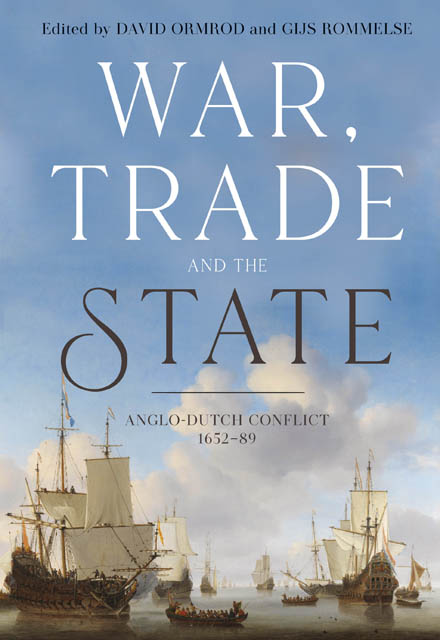13 - Anglo-Dutch historical commemorations and the public, 1973–2017
Published online by Cambridge University Press: 18 January 2023
Summary
Interest in historical commemoration is closely bound up with the Durkheimian paradigm of collective memory and national identity. In nineteenth-century Europe, state-making invariably gave rise to narratives of national history, which entered cultural life through many channels including the visual and performing arts, literature, school curricula, and the invention of historic anniversaries. The pace quickened during the decades immediately preceding the Great War, by which time the ‘cult of the centenary’ had become well established across the Western world. The centennial celebration served as ‘a barometer of contemporary esteem and reflected popular and elite attitudes to both the past and the present’. Pierre Nora, reacting to the contradictions produced by the bicentennial of the French Revolution, commented that by the late twentieth century, ‘commemorative bulimia has all but consumed our efforts to control it’. But it was from the domain of Anglo-Dutch history in the seventeenth century that the first centennial events in Britain emerged: the 1788 celebration of the ‘Glorious Revolution’.
The stuff of ‘round’ anniversaries of political events is frequently found in national victories or defeats, with heroes and villains cast in leading roles: Drake and the Spanish Armada, Nelson and Trafalgar, the Medway Raid and De Ruyter. The Revolution of 1688 forms an unusual case in which both parties, the Dutch and the English, could be portrayed as winners. In what was to become the classic Whig paradigm, 1688 brought deliverance from Catholic absolutism, provided a temporary halt to French expansionism, and prevented the outbreak of another civil war. But William’s invasion also marked the conclusion of a longer Anglo-Dutch moment from c. 1648 to 1689, which saw three Anglo-Dutch wars followed by the consolidation of Orangist leadership. The 1648 Peace of Westphalia brought Spanish recognition of Dutch independence, and ended the Thirty Years’ War, leaving the Protestant maritime powers to settle their differences, and confront the rise of French military and naval strength. The context of Anglo-Dutch relations during this period was clearly one of profound transformation, in a Europe which was itself undergoing a shift towards decentralised sovereign states, Catholic and Protestant, of varying size and influence. Commemoration of these events therefore involved much more than bilateral victory celebrations to encompass a wider review of European politics, religion, and cultural exchange.
- Type
- Chapter
- Information
- War, Trade and the StateAnglo-Dutch Conflict, 1652-89, pp. 293 - 311Publisher: Boydell & BrewerPrint publication year: 2020



